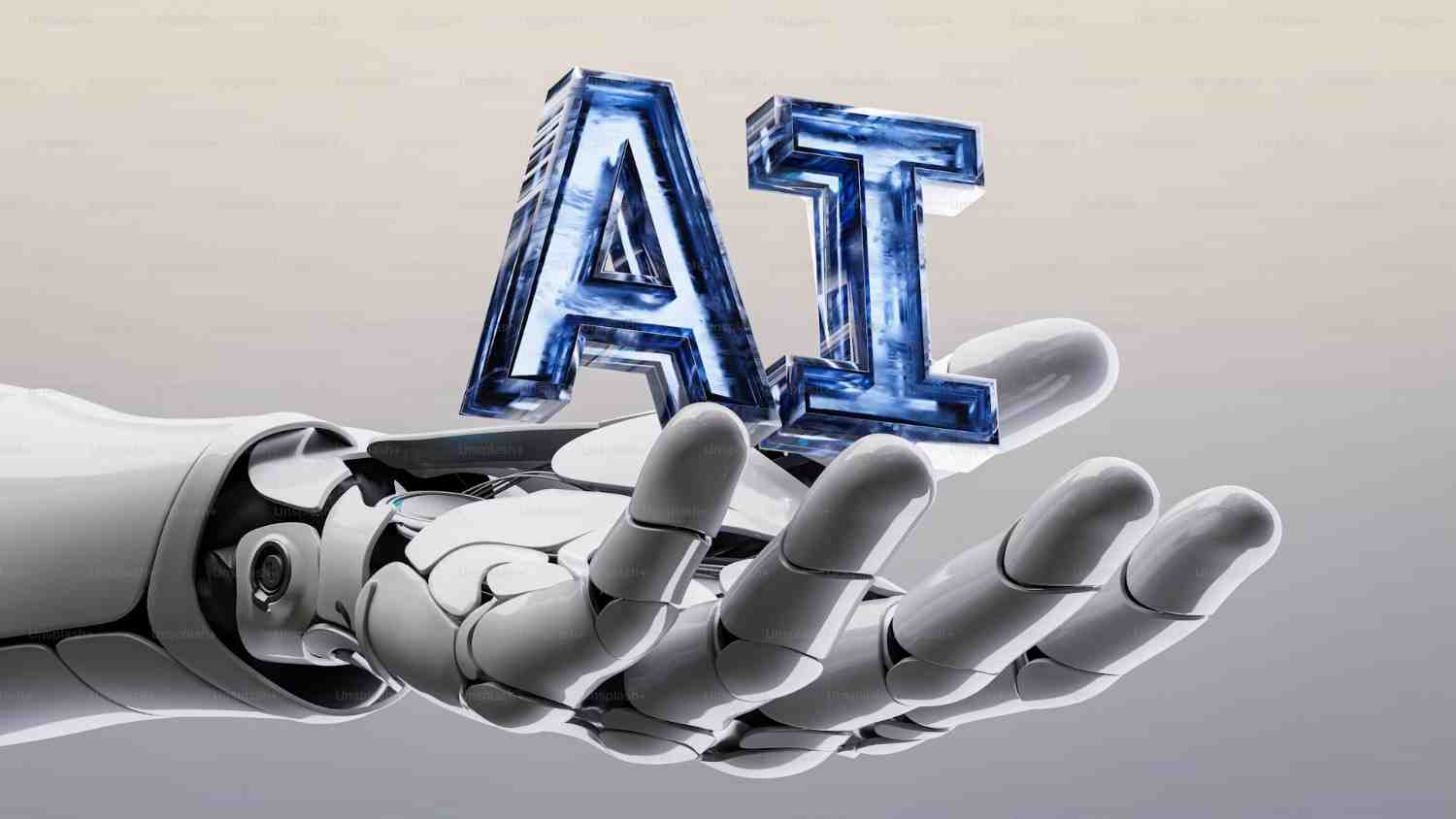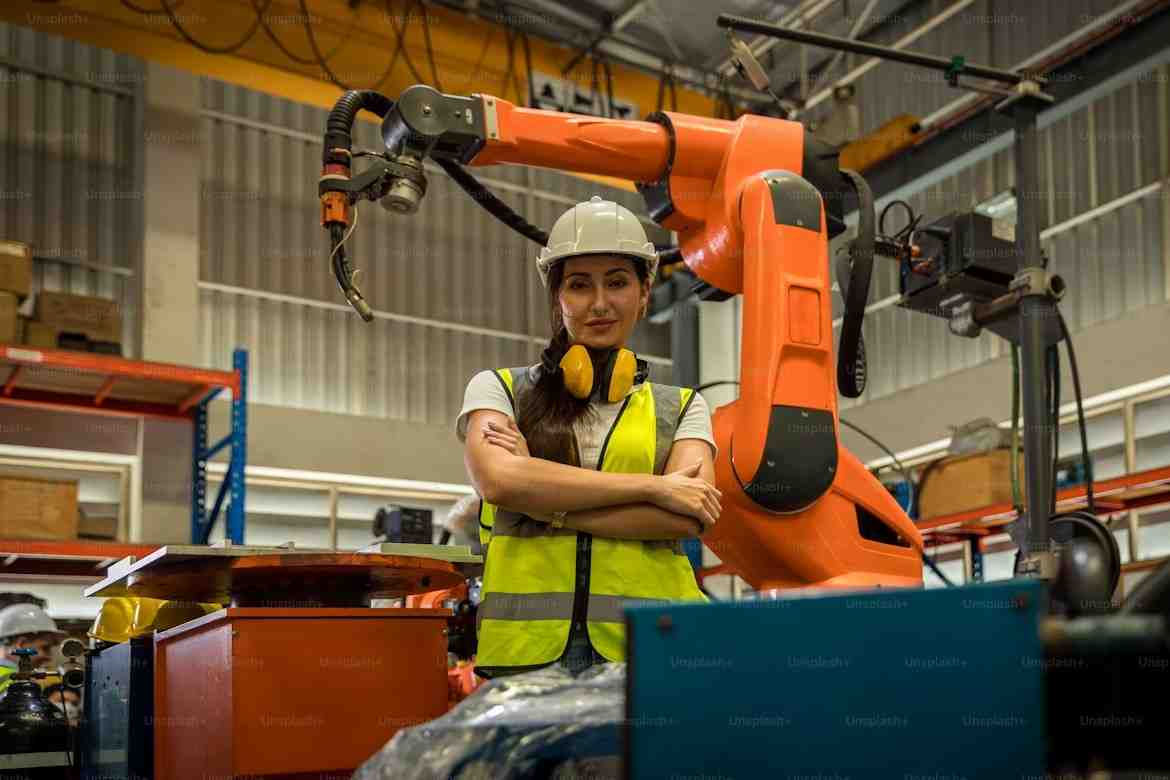Process Automation
Automate repetitive, time-intensive tasks such as data entry, lead-routing, report generation and more — all managed through intelligent workflows.
In today's fast-moving business environment, manual processes create bottlenecks, human error and slow response times. AI automation uses artificial intelligence (AI) and machine-learning (ML) to streamline workflows — freeing your team to focus on strategic value. According to industry research, AI has become a key differentiator in marketing automation and enterprise operations.

we empower enterprises to embrace the future by seamlessly integrating AI-driven automation solutions. From routine task optimization to data-driven decision-making, We deliver a comprehensive suite of AI-automation capabilities, tailored to your unique business challenges.
Automate repetitive, time-intensive tasks such as data entry, lead-routing, report generation and more — all managed through intelligent workflows.
Deploy AI-powered chatbots and virtual agents to handle customer queries, escalate complex issues and improve response times.
Connect your CRM, ERP, email, voice & SMS systems into an end-to-end automated solution — delivered by our expert team at Pihint Technology.
Post-deployment, we continuously monitor performance, refine AI models and scale your system as your business grows.
AI automation uses AI models (machine learning, NLP, computer vision) and automation tooling (RPA, workflows) to streamline manual processes, boost accuracy, and surface real-time insights.
Automate routine tasks to reduce turnaround times and free staff for strategic work.
Reduce human error with consistent, tested models and workflows.
Lower operational spend by eliminating repetitive manual work and rework.
Easily scale automations across teams and regions with cloud-native tools.
Provide instant answers and guided flows for common customer requests.
Personalize campaigns and trigger workflows to drive engagement.
Forecast demand and route inventory with predictive models.
Automate onboarding, approvals and employee services.
Smart routing, recommended replies, and escalation handling for agents.
Dashboards, alerts and predictive insights reduce reactive firefighting.
Automate cross-system tasks and handle exceptions with intelligent flows.
Below are practical industry impacts and examples where AI automation delivers value.

Personalized recommendations, dynamic pricing, and automated order management boost conversion and AOV.

Image analysis, triage bots, and admin automation improve patient throughput and clinician time.

Predictive maintenance and visual quality checks reduce downtime and defective units.

24/7 virtual agents, sentiment routing and knowledge automation reduce wait times and increase CSAT.

Automated fraud detection, KYC, and compliance checks at scale improve security and reduce manual reviews.

Adaptive learning, automated grading, and student support bots make learning scalable and personalized.

Lead qualification, property matching, and client follow-ups, ensuring faster deal closures & buyer experience.

AI-driven demand forecasting, route optimization, and warehouse robotics improve & reduce operational costs
Decreased support backlog by 60% and increased conversion rates with combined chatbot + personalization.
Automated admin tasks and triage flows, reducing wait times and improving care access.
Good data and labeling are essential — invest early to get reliable results.
Legacy systems may need connectors and careful mapping to avoid process gaps.
Address fairness, transparency and accountability as core parts of implementation.
We follow principles: fairness, reliability & safety, privacy & security, inclusiveness, transparency, and human oversight. Implement data governance, bias testing, and explainability tools for production models.
Combining RPA, AI models and low-code platforms to automate entire processes.
Enabling citizen developers to create automation with less engineering friction.
Run inference near devices for real-time automation in manufacturing or IoT scenarios.
Ready to transform your workflows, improve efficiency and unlock intelligence in your business operations? Contact Pihint Technology today to schedule a free consultation and explore how AI Automation can power your competitive edge.